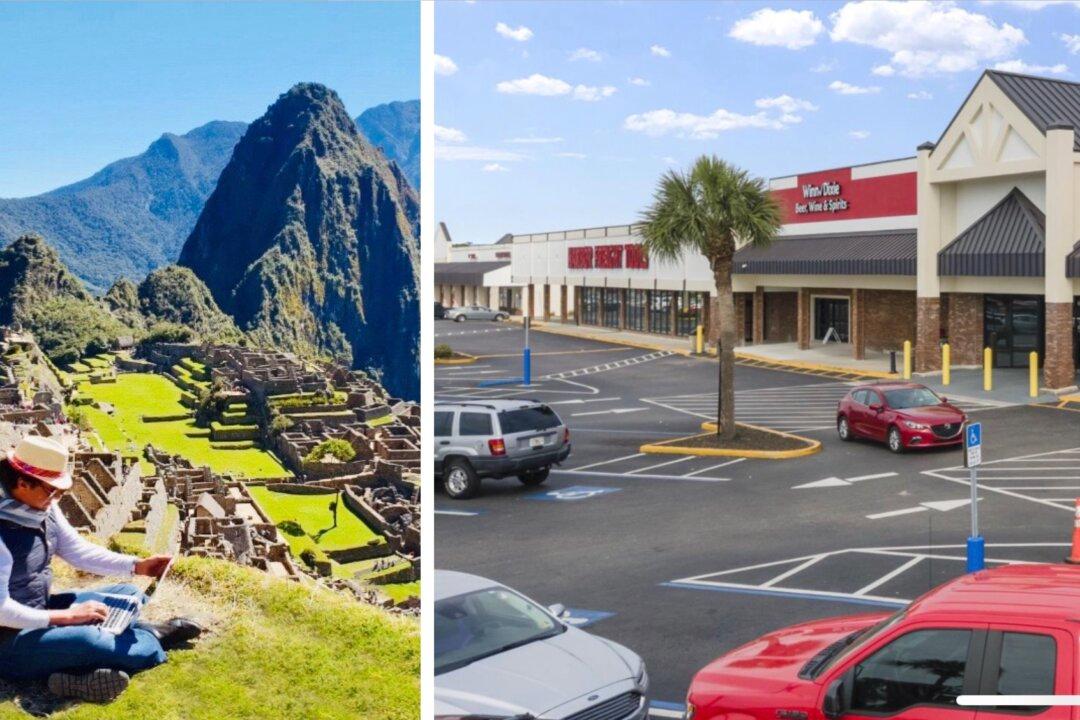In a wide-ranging interview with The Epoch Times, renowned real estate investor, music composer, and bestselling author Philip Nicozisis shared his insights on the impact of the pandemic and the Ukraine war on commercial and residential property markets, while venturing into loftier topics like the importance of free markets and the preservation of civil liberties.
Nicozisis is the founder and CEO of Nico Properties Group LLC, a family office headquartered in West Palm Beach, Florida.





